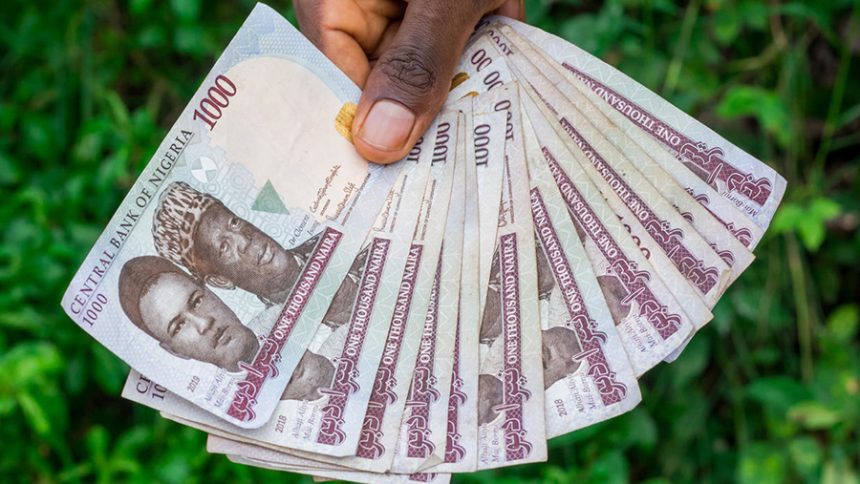Devaluation, insufficient dollar liquidity and market volatility have hindered efforts by the Central Bank of Nigeria to strengthen the Nigerian Naira, according to a report by Bloomberg yesterday.
The world’s biggest financial media company, Bloomberg, stated this as it rated the Nigerian currency as the worst-performing currency in the world in the first half of 2024, ranking next to Egypt’s pound and Ghana’s cedi which were also rated as the world’s other worst performers in the first six months of the year.
In its report, Bloomberg which tracked data from FMDQ, said that the naira weakened for a ninth straight day to 1,510 per dollar by the close on Thursday.
It reported, “The losing streak is the longest since July 2017 and takes the decline since the start of the year to 40 per cent.
“The naira’s performance is the worst among global currencies tracked by Bloomberg beside that of the pound in Lebanon, which is undergoing an economic crisis and witnessing dollarisation,” the report noted.
Meanwhile, the Head of Africa Strategy at Standard Chartered Bank Plc, Samir Gadio, in a mail, provided an insightful update on the currency.
According to the bank’s executive, “while the naira is undervalued and has seen significant adjustment. The supply of dollars needs to improve for the currency to be supported.
Recall that the naira had reportedly depreciated against the dollar by 67.8 per cent from an average of N461.1 in May 2023 to N1,433.80 in May 2024.
According to PwC in its latest economic report on Nigeria, “the depreciation took effect despite foreign exchange market reforms by CBN to achieve price discovery and attract liquidity to the market.”
The trend however, persisted until in March 2024 when the naira had emerged as the best-performing currency in the world, raising the hope of many Nigerians who hoped that the naira would maintain a trend of appreciation and better the lot of the Nigerian financial market.
Unfortunately, the feat was reversed almost immediately in the next month, crumbling the hopes that had been nursed prior and that has remained consistent.
Commenting again, Bloomberg attributed the volatility of the Naira which was predominant between mid-April and May to imbalance between demand and supply for the greenback before the trend moderated in June on an improvement in dollar inflows.
Relatedly, Governor of the Central Bank of Nigeria, CBN, Olayemi Cardoso, in a statement earlier this week, noted that the worst of the naira’s volatility may be over.
The CBN Governor stated this during an interview with Bloomberg TV where he emphasised the importance of closely monitoring the market to ensure optimal value is achieved using various tools.
Meanwhile, according to FMDQ data compiled by Bloomberg, the naira has traded in a narrow range between 1,473/$ and 1485/$ this month.
It was gathered that, that has sent its 10-day rolling volatility to the lowest in a year and its 100-day swings to the least since November.




